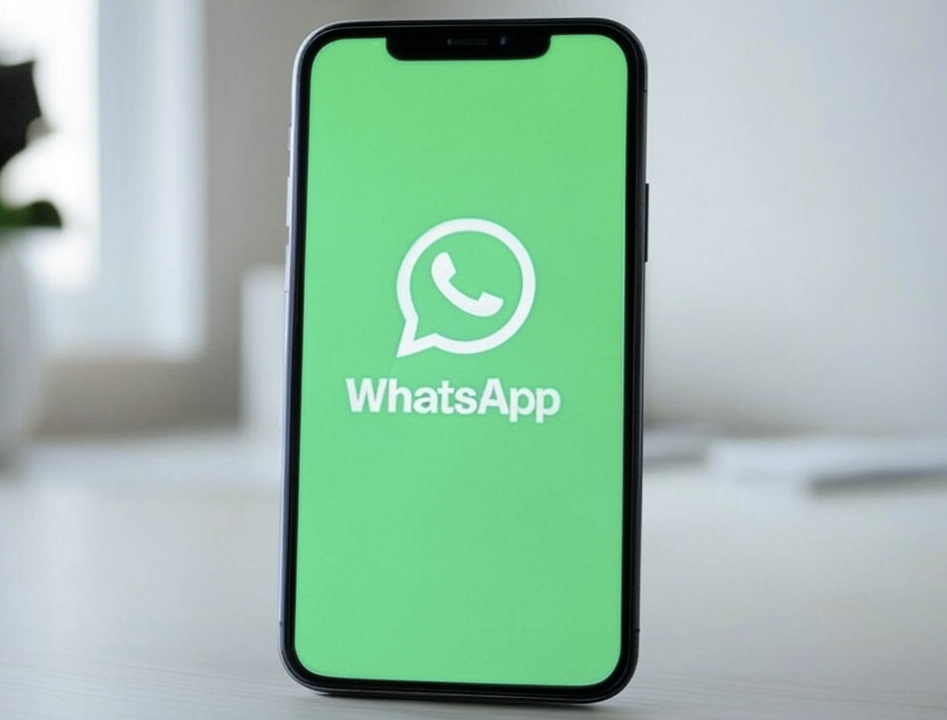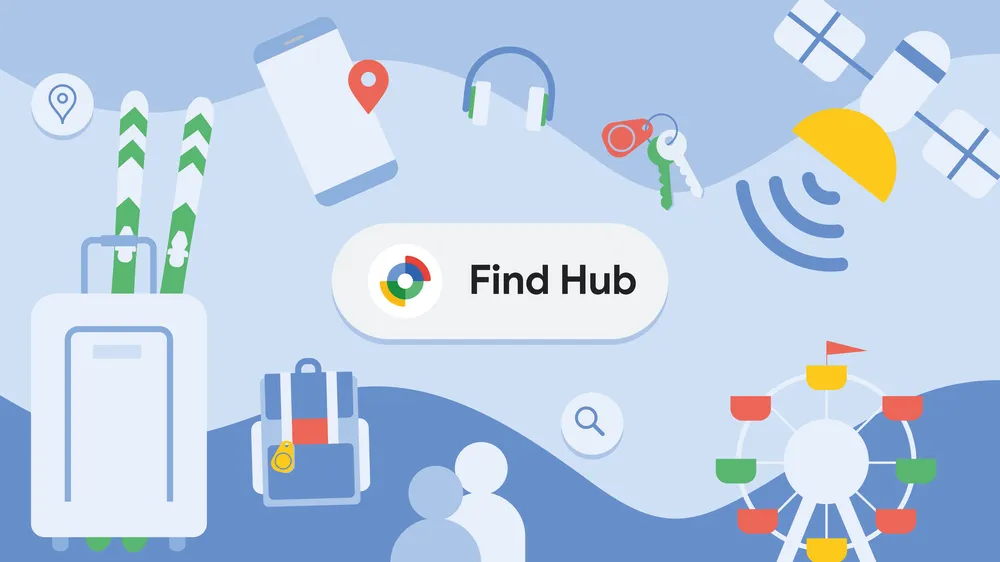WhatsApp Can Now Be Your Default on iPhone: Here’s Why That Matters
Apple just shook things up in the messaging space. For years, iPhone users have lived in the Apple bubble—stuck with iMessage and FaceTime as defaults. But now, WhatsApp is stepping into the spotlight as iOS opens its doors to third-party messaging and calling apps becoming the system default. Let’s break down what this actually means and why it could change how we communicate on our iPhones.
WhatsApp as the Default: What’s Changing on iOS
For the first time ever, iPhone users in select regions will be able to set WhatsApp as their default app for messaging and phone calls. This is a big move in a space Apple has tightly controlled for over a decade. It’s part of a broader push towards allowing more user freedom and competition within the App Store ecosystem—think of it like Apple slowly unlocking its walled garden.
How It Works: Default Messaging and Calling via WhatsApp
With the latest iOS updates, users can head into settings and assign WhatsApp as the go-to app for making voice calls and sending text messages. So when you tap a number or messaging link, WhatsApp—not iMessage or FaceTime—will be triggered. It’s seamless and designed to respect your preferences once configured. If you’re someone who lives and breathes WhatsApp chats, this just made your iPhone way more functional.
Apple’s Shift in Strategy
Apple’s shift isn’t just about playing nice—it’s regulatory. With pressure from laws like the European Union’s Digital Markets Act, Apple is being nudged (or pushed) into giving users more choice. What once felt like a brand virtue—tight control and cohesion—is starting to look more like a liability in today’s competitive and open tech landscape.
The Bigger Picture: Interoperability and User Choice
This move toward interoperability means more than convenience. It hints at a tech world where users aren’t locked into default ecosystems. Messaging could become app-agnostic, and the lines between iOS and Android could blur just a bit more. For users, it’s about flexibility; for developers, it’s about access. WhatsApp being the first to take this slot is a major milestone in that evolution.
Global Disparity: EU Limitations and Feature Gaps
While some users will enjoy the new freedom, others—especially in the EU—won’t see the full feature set. Regulatory red tape has delayed or restricted features like iPhone Mirroring and SharePlay Screen Sharing. It’s a reminder that while progress is happening, it’s not equal everywhere. The DMA’s requirements are making Apple tread carefully, especially with anything involving deeper system access.
Security and Privacy Concerns
Switching to a third-party default like WhatsApp raises important questions about security. Fortunately, WhatsApp has strong credentials—end-to-end encryption, disappearing messages, and minimal metadata collection. Still, relying on apps not natively built into iOS means trusting their update cycles, security patches, and data handling. Apple users are known for valuing privacy, so this shift won’t be taken lightly.
What This Means for the Future of Messaging
This update could be the beginning of a messaging ecosystem where the user—not the phone maker—gets to decide how they communicate. More apps may be allowed to compete on a level playing field. And if WhatsApp performs well in this new role, don’t be surprised to see others like Signal or Telegram follow suit with similar ambitions.
Final Thoughts
Apple letting WhatsApp take the lead as a default app is a huge statement: the walled garden is cracking, and user choice is the new currency. While there’s still a long way to go, this shift signals that Apple is listening—to regulators, to users, and to a changing digital landscape. If you’ve ever felt boxed in by default apps, now’s your moment to break out.


